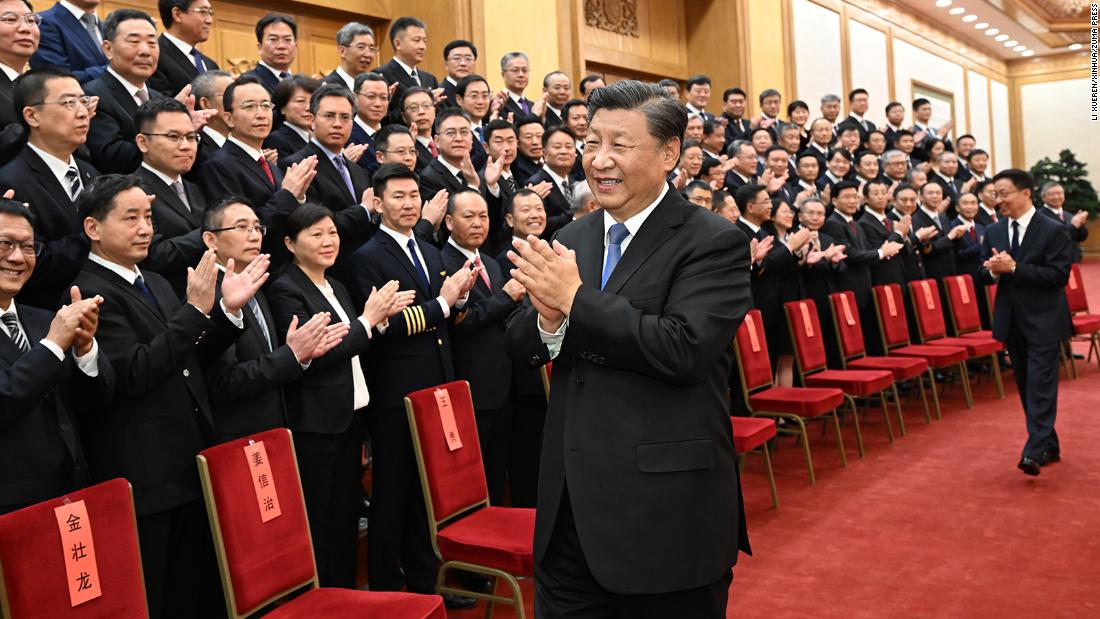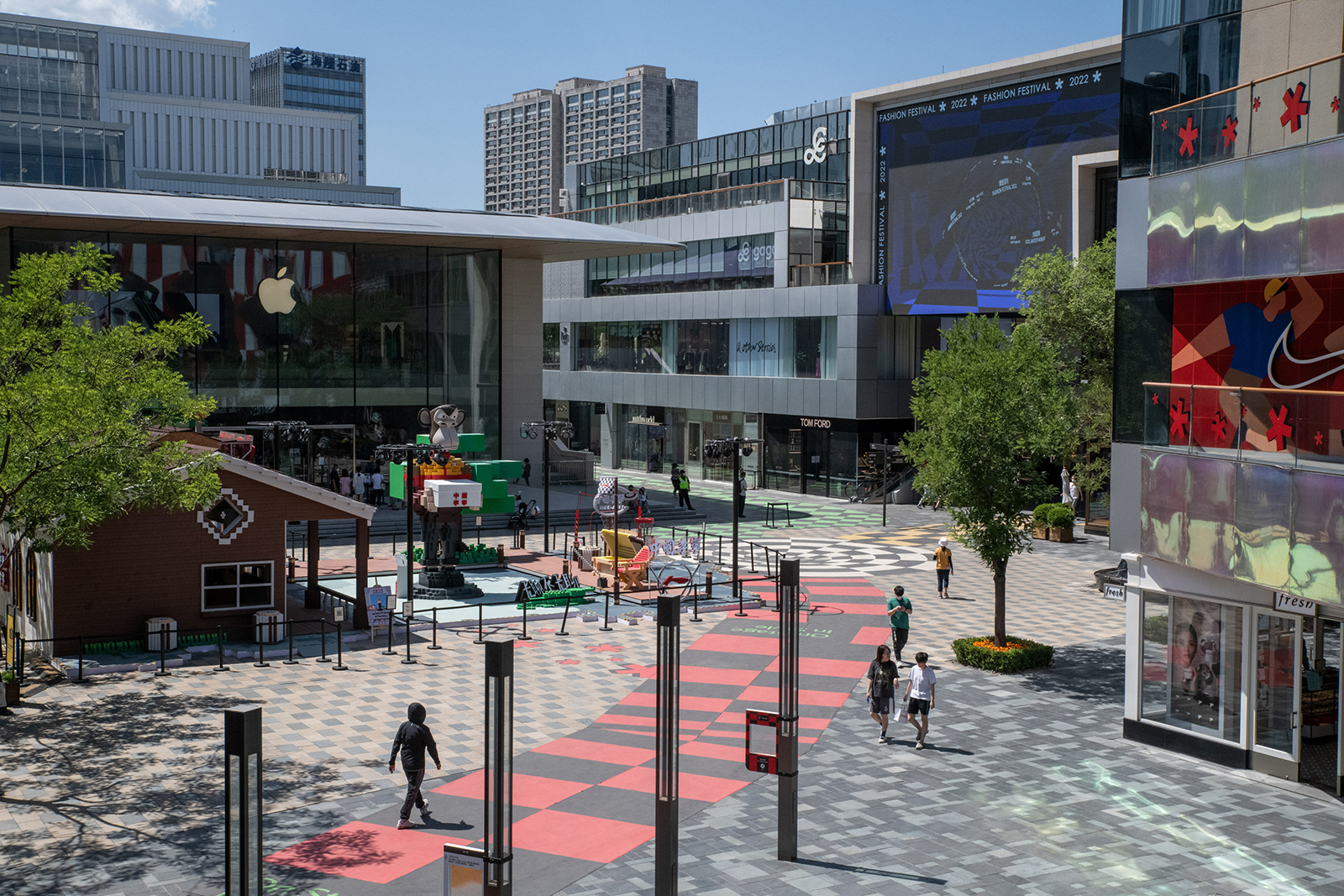

China’s economy is in crisis, with the property sector bludgeoned, youth unemployment at record levels, and an unhappy middle-class.
According to analysts, the vulnerabilities in the financial system are a result of the country’s unfettered debt-fuelled expansion in the previous decade — and the model needs to change.
“China’s growth during Xi’s decade in power is attributable mainly to the general economic approach adopted by his predecessors, which focused on rapid expansion through investment, manufacturing, and trade,” said Neil Thomas, a senior analyst for China and Northeast Asia at Eurasia Group.
“But this model had reached a point of significantly diminishing returns and was increasing economic inequality, financial debt, and environmental damage,” he said.
Xi’s risky strategy: While Xi is trying to change that model, he is not going about it the right way, experts said, and is risking the future of China’s businesses with tighter state controls.
The 69-year old leader launched his crackdown to rein in the “disorderly” private businesses that were growing too powerful. He also wants to redistribute wealth in the society, under his “common prosperity” goal.
Xi hopes for a “new normal,” where consumption and services become more important drivers of expansion than investments and exports.
But, so far, these measures have pushed the Chinese economy into one of its worst economic crises in four decades.
Slowdown and isolation: The International Monetary Fund recently cut its forecast for China’s growth to 3.2% this year, representing a sharp slowdown from 8.1% in 2021. That would be the country’s second lowest growth rate in 46 years, better only than 2020 when the initial coronavirus outbreak pummeled the economy.
Under Xi, China has not only become more insular, but has also seen the fraying of US-China relations. His refusal to condemn Moscow’s invasion of Ukraine, and China’s recent aggression towards Taiwan, could alienate the country even further from Washington and its allies.
